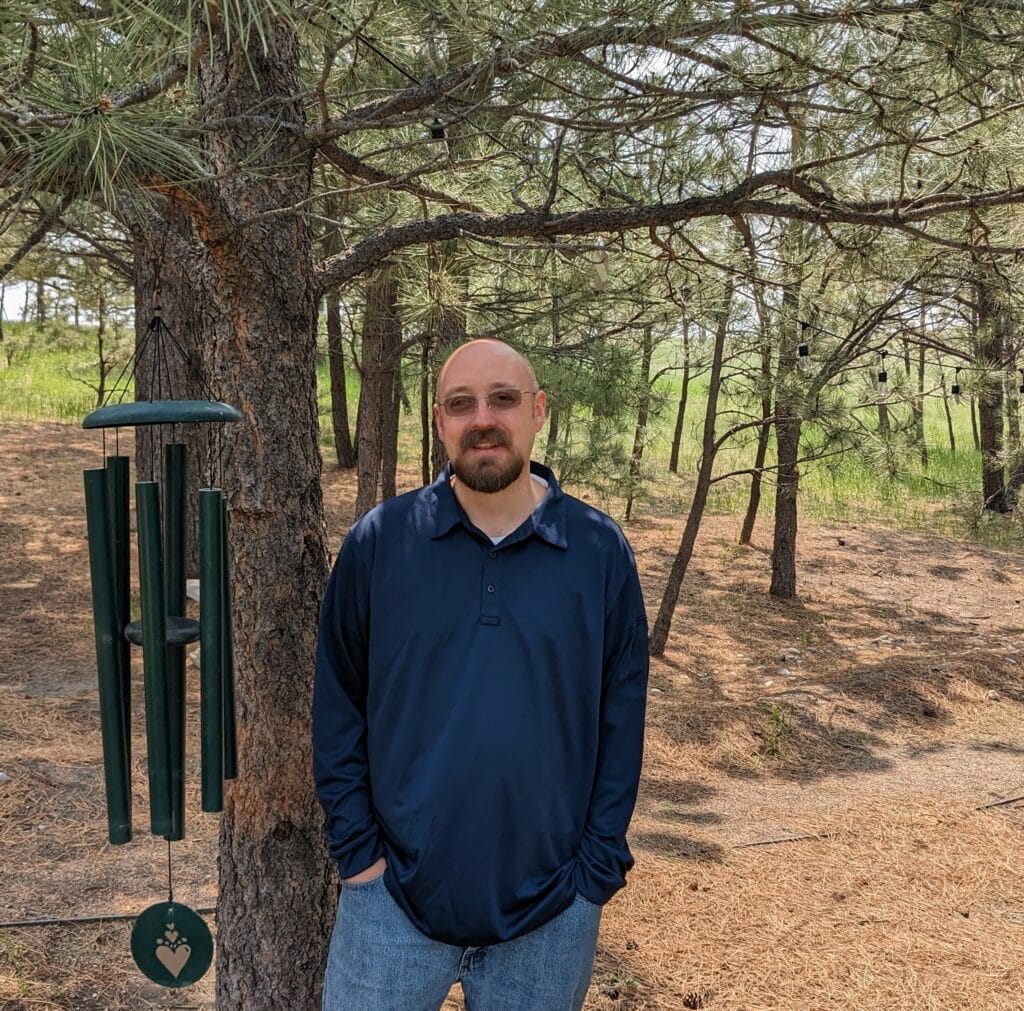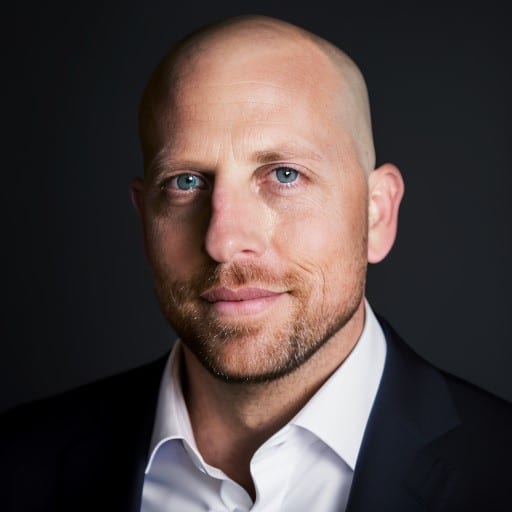- HOME
- AREAS WE SERVE
- MONUMENT
Monument Drug Rehab Center
Monument is a small Colorado community that forms part of the larger Colorado Springs metropolitan area. Like that area and the state as a whole, this home-rule town has its share of residents affected by substance problems. Those affected include both men and women.
The needs of men and women in recovery are the same in some ways and different in others. Co-ed rehabs sometimes work well for men. However, they can also fail to provide you with focused sobriety support that fits your situation. If that’s the case, your best efforts to get better may fall short. How can you get around this potential obstacle? By seeking a conveniently located program that features treatment resources for men.
Do you or your loved one need a Monument addiction treatment center that specializes in men’s rehab? Healing Pines Recovery is here for you. With just a short drive north of Monument, you can gain access to our comprehensive residential inpatient services. These services combine recommended general treatments for substance problems with a gender-specific approach. The result for you is a customized program that provides extensive resources for your sobriety journey.
Healing Pines Recovery is a men’s Colorado drug rehab that can help. Speak to our admissions team today to learn more.
Request a Confidential Callback
Substance Use, Addiction, and Mental Health Issues in Men
If you’re a man, your odds of using an addictive substance surpass the typical odds for women. This fact applies to your overall pattern of drinking or drug use. It also applies specifically to your intake of alcohol, as well as:
- Illegal drugs
- The quasi-legal drug marijuana
- Most medications legally prescribed by a doctor
What’s more, you’re more likely to use these kinds of substances at excessive levels. Compared to women, you don’t have higher odds of developing a substance use disorder (SUD). However, you have greater chances of developing symptoms of the most serious form of this disorder: clinical addiction.
Men tend to experience non-substance-related mental health issues less often than women. This is important to note since SUDs often co-occur with such issues. Still, men affected by a given mental illness may develop symptoms that differ from those found in women. One of the most significant examples here is men’s higher rate of exposure to suicide.
Want to know more about substance use patterns, addiction, and mental health issues in men? Talk to the specialists at Healing Pines Recovery today.
Challenges to Men's Successful Recovery
Men receiving addiction treatment in Monument face challenges less likely to affect women. A lot of these challenges are related to widespread notions of masculinity and acceptable male behavior. They can come into play even before you start your treatment program. Specific issues you may face at this early stage include:
- Feeling uncomfortable or embarrassed about seeking help
- Experiencing hostility toward the treatment process
- Clashing with your therapist or any other member of your treatment team
You may also have difficulty talking about yourself or accessing your emotions. This difficulty may lead you to do such things as:
- Deny being affected by certain emotions
- Downplay the importance of your emotional state
- Replace a hard-to-express emotion like sadness with anger or another substitute that makes you feel less vulnerable
- Project your unwanted emotions onto your therapist or another rehab participant
Extreme shame is another common issue for men in substance treatment. Intense feelings of shame can not only prevent you from seeking help to begin with. They can also seriously interfere with your recovery by:
- Making you less willing to take an honest look at yourself and your situation
- Increasing your chances of holding back insights that could support your recovery
- Significantly boosting your chances of relapsing while still in treatment
In addition, you may be affected by another widespread issue among men: a history of aggression or violence. Aggressive behavior can act as a shield that stops you from fully engaging in treatment. Open acts of violence can have an even more harmful recovery impact.
At Healing Pines, we understand the many, potentially overlapping issues men deal with in substance rehab. In all cases, we focus on providing solutions that help resolve these issues and increase the effectiveness of your treatment. Have more questions about men’s recovery challenges and how we address them at our Monument addiction treatment center? Talk to us today.


Options for Men's Alcohol and Drug Rehab in Monument
What types of treatment will you receive in Monument drug and alcohol rehab for men? The specific options that work best depend on the details of your situation. However, generally speaking, your main choices include:
- Psychotherapy
- Medication-assisted treatment (MAT)
- Dual diagnosis treatment
Therapy helps you assess your current behavior and make changes that promote your recovery. These changes can make it easier for you to engage in rehab and complete your treatment program. They can also significantly boost the odds that you’ll stay substance-free when treatment ends.
MAT adds medication to the therapy options in your recovery plan. It’s typically used as part of alcohol or opioid treatment. Dual diagnosis plans combine SUD treatment with extra services for your other mental health needs.
Healing Pines features therapy, MAT, and dual diagnosis treatment. We also feature additional resources that can help you get more out of each of these recovery methods. Contact us today for details on what we offer men in need of rehab and mental health support.
Don't Let Anything Stop You From Getting Help.
We work with most major commercial insurance plans which can help cover up to 100% of the costs associated with treatment.
Do You Need Residential Treatment?
Residential rehab is a high-level option for drug and alcohol addiction treatment in Monument. It provides a wide range of services on a 24/7 basis. Not all men affected by SUDs need this kind of advanced care. How can you tell if you or your loved one do? Specific issues that may lead to enrollment in a residential Monument addiction treatment center include:
- Severe substance use disorder characterized by at least six abuse/addiction symptoms
- The presence of dual diagnosis
- A living situation that can’t give you the home support that makes outpatient treatment possible
- Lack of any significant progress in a high-level outpatient program
- The presence of any medical issues that could make rehab more difficult for you
At Healing Pines, we carefully assess your need for residential men’s treatment. If you’re a good fit, you’ll receive the full benefits of our customized, round-the-clock program. Consult us today for more information on your potential enrollment criteria.

Make Healing Pines Your Monument Addiction Treatment Center for Men
Your choice of a provider for residential men’s rehab is critical. Effective providers specialize in helping you overcome the recovery issues affecting you as a man. They also specialize in making the adjustments needed to truly personalize your treatment plan. What’s more, you’ll receive the benefits of a secure, stable rehab environment.
In Monument and surrounding communities, turn to Healing Pines Recovery for inpatient men’s rehab. We specialize exclusively in helping men recover in a residential setting. This focused expertise allows us to support a wide range of needs with care and compassion. Contact us today to learn more about our men’s addiction treatment center in Colorado.
The leadership and staff were committed to my success.
Paul is a man of integrity which flows through his team. I have been to other recovery programs and HPR stands far above them all. The small group structure offers a more intimate and personalized experience. This was so much more beneficial to my recovery than facilities preaching a "one-size-fits-all" solution to larger and fragmented groups. It was like having personal and knowledgeable therapists dedicated to me for a full month! They went out of their way to understand the root of my challenges and construct a path for improvement that is unique and relatable to me. This was a huge benefit!
Jay C
It saved my life, in every sense.
I spent a month at Healing Pines Recovery. The actual location itself is unreal. A beautiful cabin lodge, with gorgeous scenery. The rooms are large, queen beds, very comfortable! Great bathrooms with great showers! There is a pool table, slam jam, (Christine! 😉 frisbee golf, and daily access to a nearby gym. The property also has a pickle ball court that was used daily, Zoey the counselor beat us men constantly!
Clay M
My experience with Healing Pines Recovery has been wonderful.
My husband was their client, and they helped him be able to help himself. He is doing amazing! I think the combination of counseling, physical labor, meditation, AA, and just the beauty of the place itself all had a very positive impact on him. They really cared about him, and that did not stop just because he came home. Also they have counseling for the families and it has really helped me a lot. Heather is awesome! I thank God that we had them in our lives when we were most vulnerable.
Susan M
We wanted to share our gratitude to the staff.
Our son was under the care of Healing Pines recently and we wanted to share our gratitude to the staff. There were many challenges in his pursuing treatment, and thankfully Paul and Heather C helped us navigate all of them skillfully with patience and compassion.
Jim E
You'll get your life back!
Healing Pines Recovery is/was instrumental in setting me up for long term success in my recovery journey. I've been to treatment centers in the past and HPR is nothing like anything I've attended before. They're very small, intimate, and hands-on approach to recovery was exactly what I was looking for when seeking treatment. I knew that a large, one size fits all program like those offered by many other treatment centers in Colorado wouldn't provide me with the help I desperately needed. Paul and his Team are incredible and I would highly recommend HPR to anyone who needs help starting their recovery journey. Big shout out to James for all of his guidance during my time at HPR. His grace, knowledge, understanding, and direction were/are key to my continued success in recovery. One HUGE piece of the puzzle I love is the after care I've received from HPR... I am in constant contact with Paul, James, and many other staff members through the their alumni programs and it has helped me so much with life after HPR. This program was truly a miracle in my life and I know it will be for many other men struggling with addiction and/or alcoholism. You'll get your life back!
Nicholas P
This is truly a great recovery facility.
My learning experience here was something I’ll take with me throughout my whole life. The staff here will always be a part of my family and I am beyond thankful for everything they have done and continue to do for my well-being.
Gunnar P
I can't speak more highly of Healing Pines Recovery & Addiction Center.
It is located in a beautiful Colorado location with lots of outdoor activities and fresh air. They have a very knowledgeable and professional staff that goes above and beyond to meet your needs.
Riley K
I couldn’t have been at a more amazing place to begin this journey.
Seriously an amazing place. Everything from how beautiful the house and the property it sits on down to every person staffed there was nothing less than perfect. More than highly recommended in every sense. If you’re reading this and trying to find the right place for treatment and recovery I would absolutely look no further. Everyone’s recovery is different and we all need a comfortable place with people we can trust through this battle, healing pines understood that everyone’s path is different and they 100% cater to that. I couldn’t have been any luckier with finding Healing Pines. I won’t go any deeper and start to thank everyone there individually, But I want to express my gratitude to everyone on the HEALING PINES TEAM. Without you all, my path in sobriety would not look anywhere near the way it looks today. Seriously from the bottom of my heart thank you!
James M
Schedule a Tour Today
Come discover why Healing Pines Recovery is you top choice for men’s addiction treatment in Colorado and beyond.
Begin Your Journey & Escape Addiction
The first step can be the hardest. Fill out the form or call us at (720) 575-2621. You will be connected with a Healing Pines Recovery specialist who can answer your questions and help you get started.
Let Us Help You
Speak to Someone Right Now






